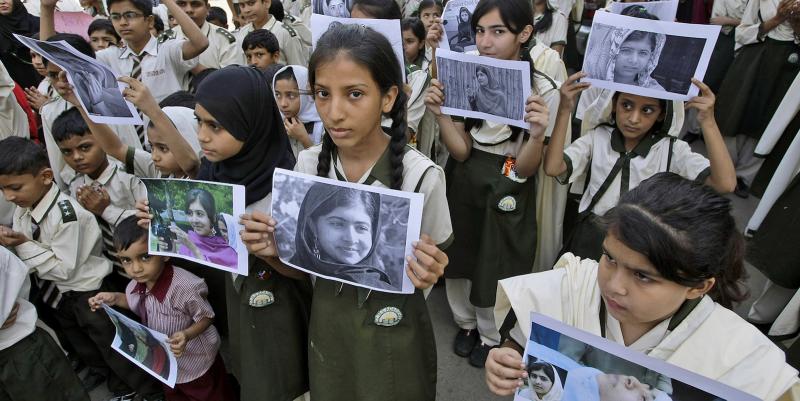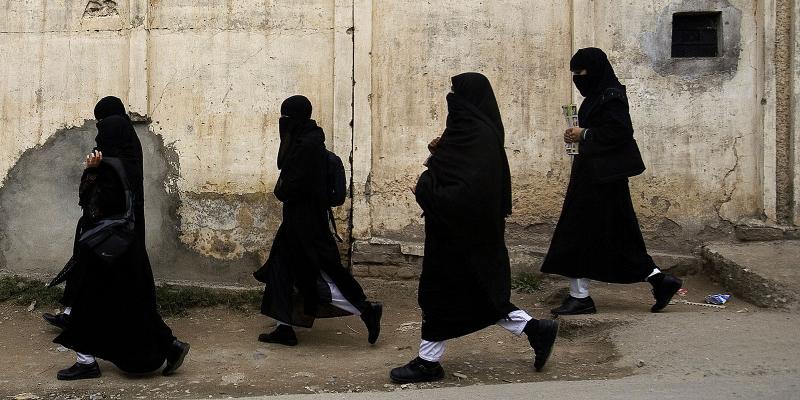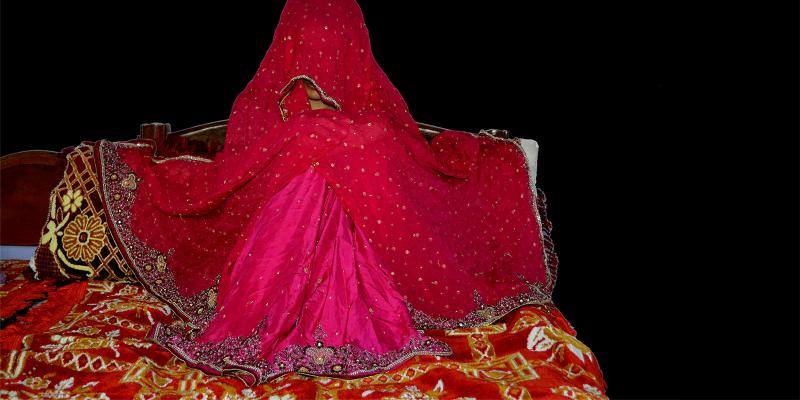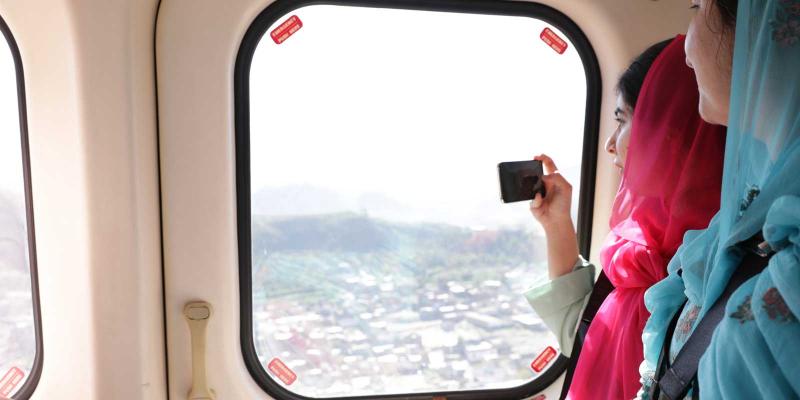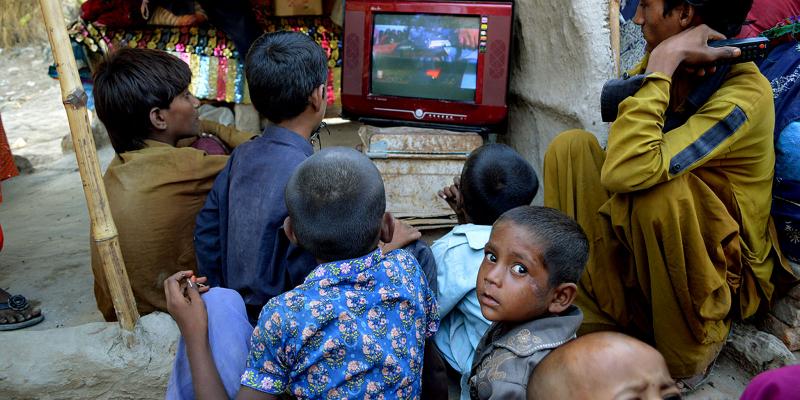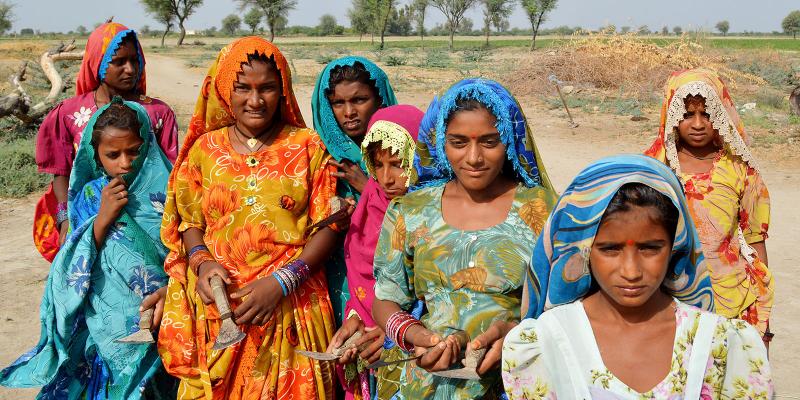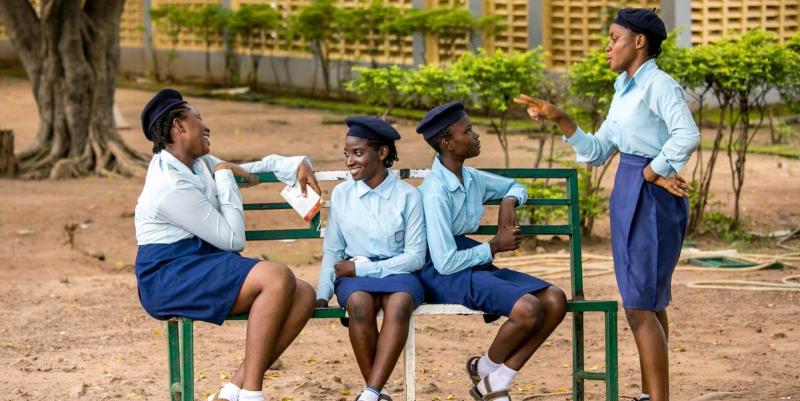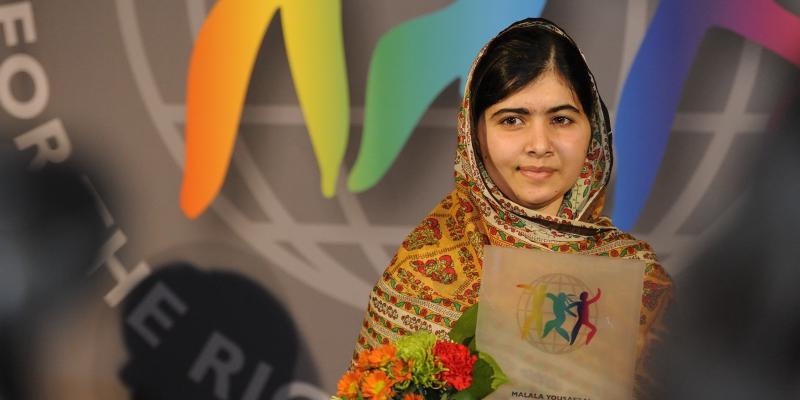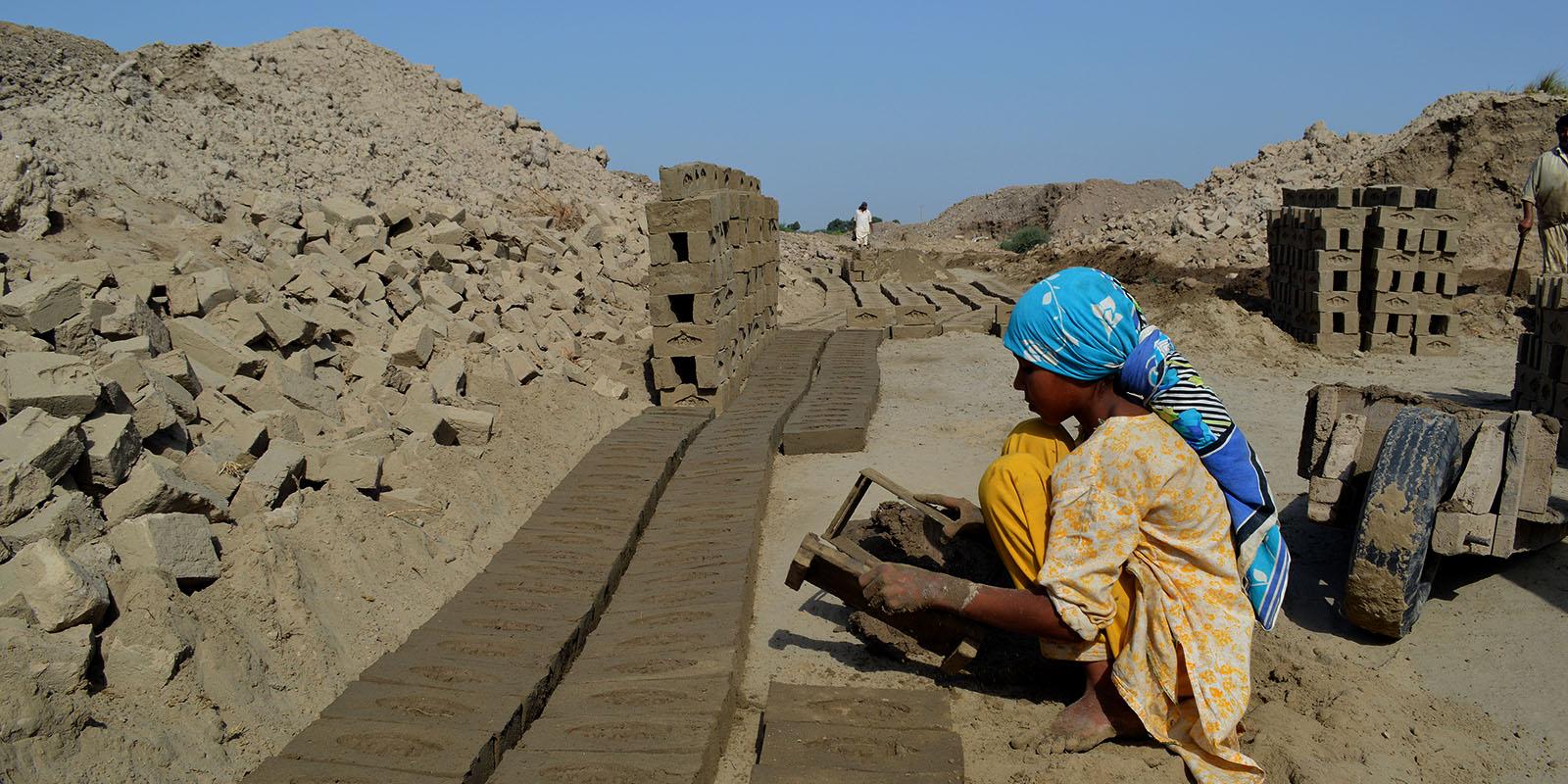
For thousands of years bricks have been made by hand. These days, in many parts of the world, bricks are made by machines. But in Pakistan many families still face slave-like conditions making bricks by hand.
Families remain in debt to the brick kiln owners and forced labour is passed from parent to child. Slavery is against the law in Pakistan. Still, many debt slave children who should really be at school spend their days in the clay pit.
Could my life get better?
“I have always dreamt of being able to going to school, but always been forced to work, says Uzma, 15.
“I work from early in the morning until late at night. Everything at the brick kiln is so heavy. I feel hot and tired all the time. My legs swell up and I get covered in dust. When I get home I’m exhausted and I have to start cleaning, washing dishes and making chapati bread. When I think about my life it makes me sad. I wonder why my life is so hard, and whether it could get better.
“I think boys’ and girls’ lives seem quite similar when we’re working at the brick kiln. But only there. At home, boys don’t have to do housework and they don’t have to ask permission to go out. We girls always have to do those things.
“I dream of a different life. I got myself a book so I can learn to count. I’ve learnt to count money. One day I want to be a businesswoman and leave this heavy labour behind.”
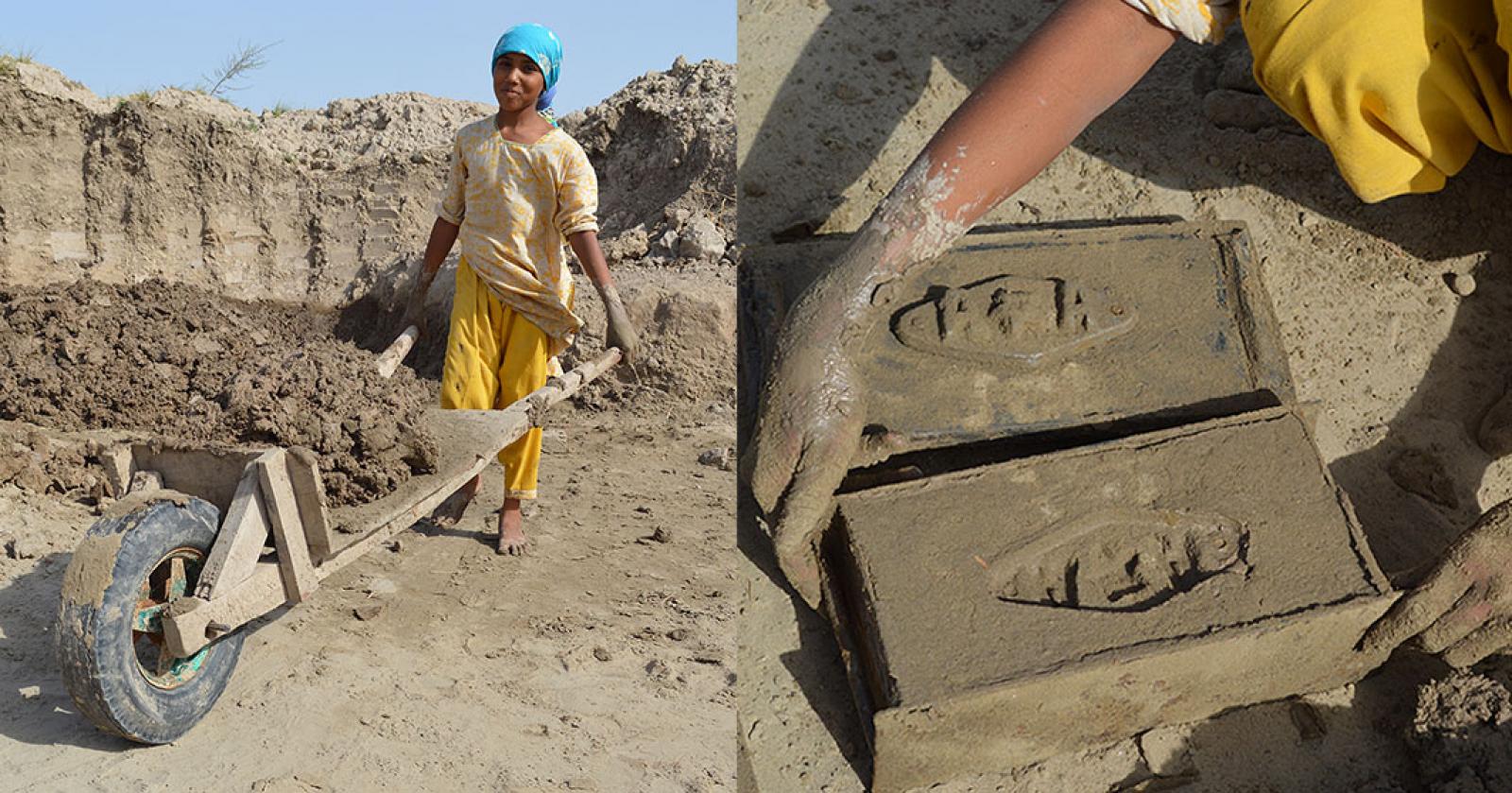
Nosheen works hard many hours per day, making and transporting bricks under the hot sun.
I want to start my own school “We work together, my whole family, all my five sisters and even my little brother who is five”, says Nosheen, 11. “We walk to the brick kiln early in the morning. Around one o’clock we girls head home to take care of the housework. We usually play in the afternoons too, often hide and seek.
“My dream is to go to school every day. When I’ve learnt a lot I’m going to have a school of my own where I can teach other children and earn an income. But that’s probably just a dream. So I also think that I’d like to be at home and not have a job, never go back to the brick kiln, and just do housework. But we need money. Sometimes my parents can’t afford to buy flour for chapati bread.”
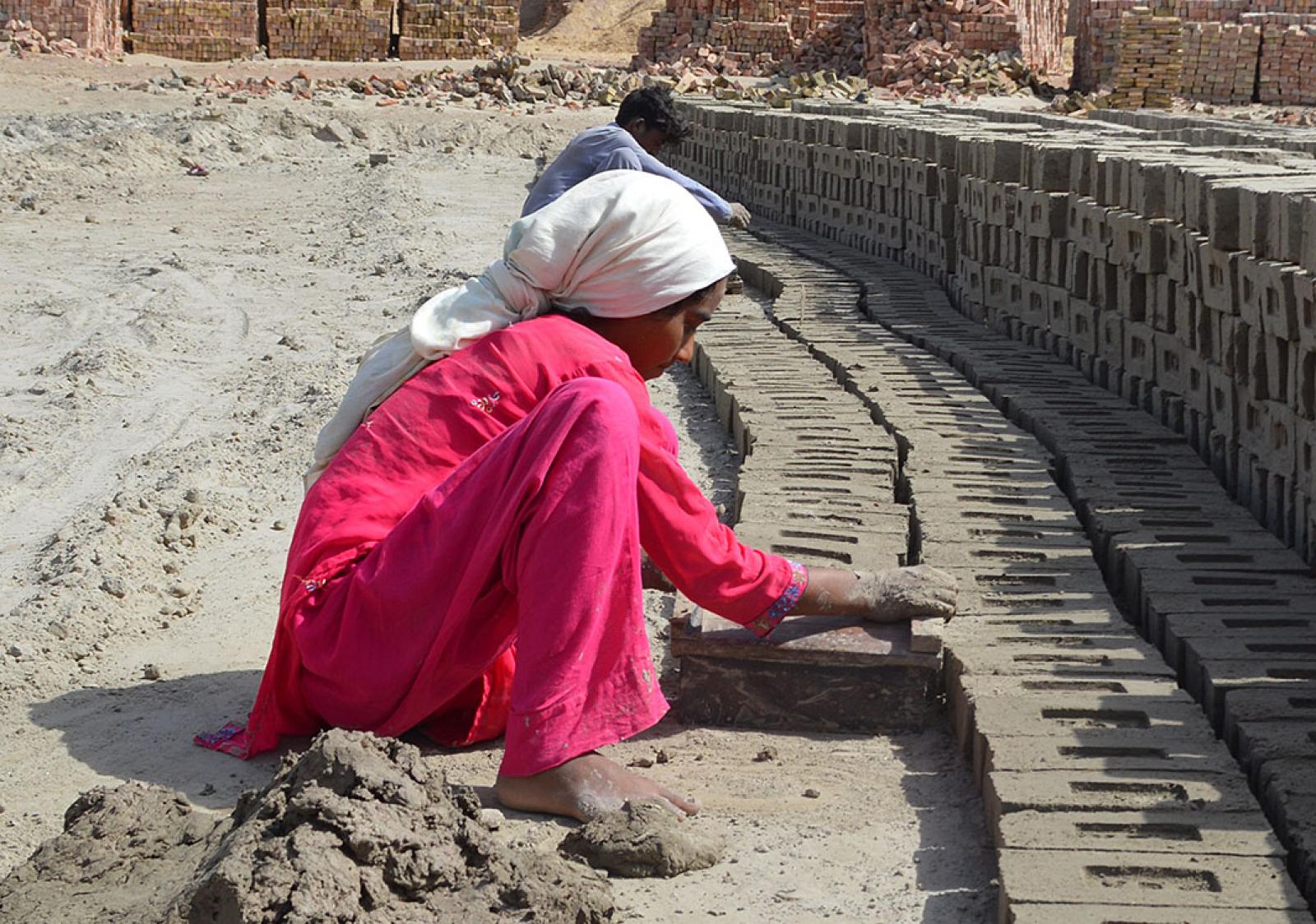
Samina, 13, works hard in the brick kiln.
Parents say no
Samina, 13, says: “We work together in our family. Just after sunrise we walk to the brick kiln. My sister Afzana makes the bricks and lay them in long, long rows. The bricks are then counted and we get paid depending on how many thousand bricks we have made. If I don’t get an education I’ll end up working at the brick kiln my whole life. That would be terrible.
"I want to go to school too", says her sister Afzana. "Our father says no. I asked our mother too, but she says no as well. Our parents don’t care about education. But I know we do have to work. Unless everyone in our family works we don’t have enough money. If someone in our family falls ill our income decreases and we need to buy food one day at a time.”
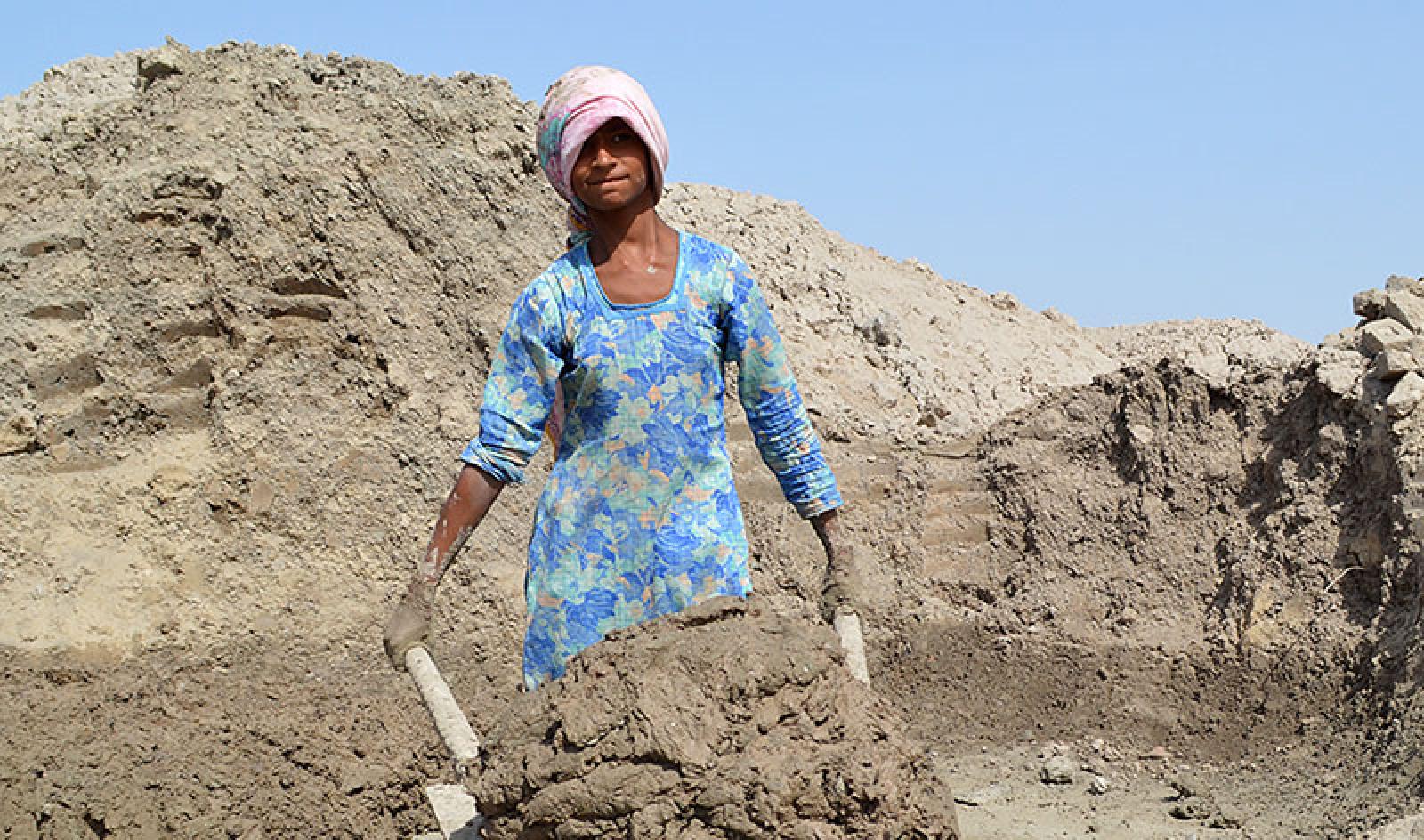
Afsana mixes clay and water to get the right consistency and brings the mixture in a wheelbarrow.
Related stories
Långgatan 13, 647 30, Mariefred, Sweden
Phone: +46-159-129 00 info@worldschildrensprize.org
© 2020 World’s Children’s Prize Foundation. All rights reserved. WORLD'S CHILDREN'S PRIZE®, the Foundation's logo, WORLD'S CHILDREN'S PRIZE FOR THE RIGHTS OF THE CHILD®, WORLD'S CHILDREN'S PARLIAMENT®, WORLD'S CHILDREN'S OMBUDSMAN®, WORLD'S CHILDREN'S PRESS CONFERENCE® and YOU ME EQUAL RIGHTS are service marks of the Foundation.



